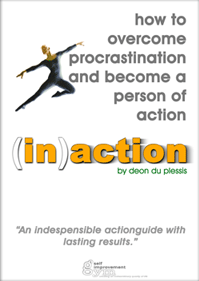Please visit us here from July 4th-August 4, 2006 to download your selections from 1/3 million free eBooks.
Welcome to the future home of the World eBook Fair, soon to be the largest showcase for eBooks, eBook publishers, editors, and others working in the new world of eBooks.
July 4th to August 4, 2006 marks a month long celebration of the 35th anniversary of the first step taken towards today's eBooks, when the United States Declaration of Independence was the first file placed online for downloading in what was destined to be an electronic library of the Internet.
Today's eBook library has a total of over 100 languages represented.The World eBook Fair welcomes you to absolutely free access to a variety of eBook unparalleled by any other source. 1/3 million eBooks await you, all free of charge for the month from July 4 - August 4, 2006, and then 1/2 million eBooks in 2007, 3/4 million in 2008, and ONE million in 2009.
Ten times as many eBooks are available from private eBook sources, without the media circus that comes with 100 billion dollar media mavens such as Google. The World eBook Fair has created a library of wide ranging sample of these eBooks, totaling 1/3 million.
Here are eBooks from nearly every classic author on the varieties of subjects previously only available through the largest library collections in the world. Now these books are yours for the taking, free of charge, to keep for the rest of your lives.
This event is brought to you by the oldest and largest free eBook source on the Internet, Project Gutenberg, with the assistance of the World eBook Library, the providers of the largest collection, and a number of other eBook efforts around the world.
The World eBook Library normally charges $8.95 per year for online access, and allows unlimited permanent downloading. During The World eBook Fair all these books are available free of charge through a gateway at http://www.gutenberg.org
ebooks





